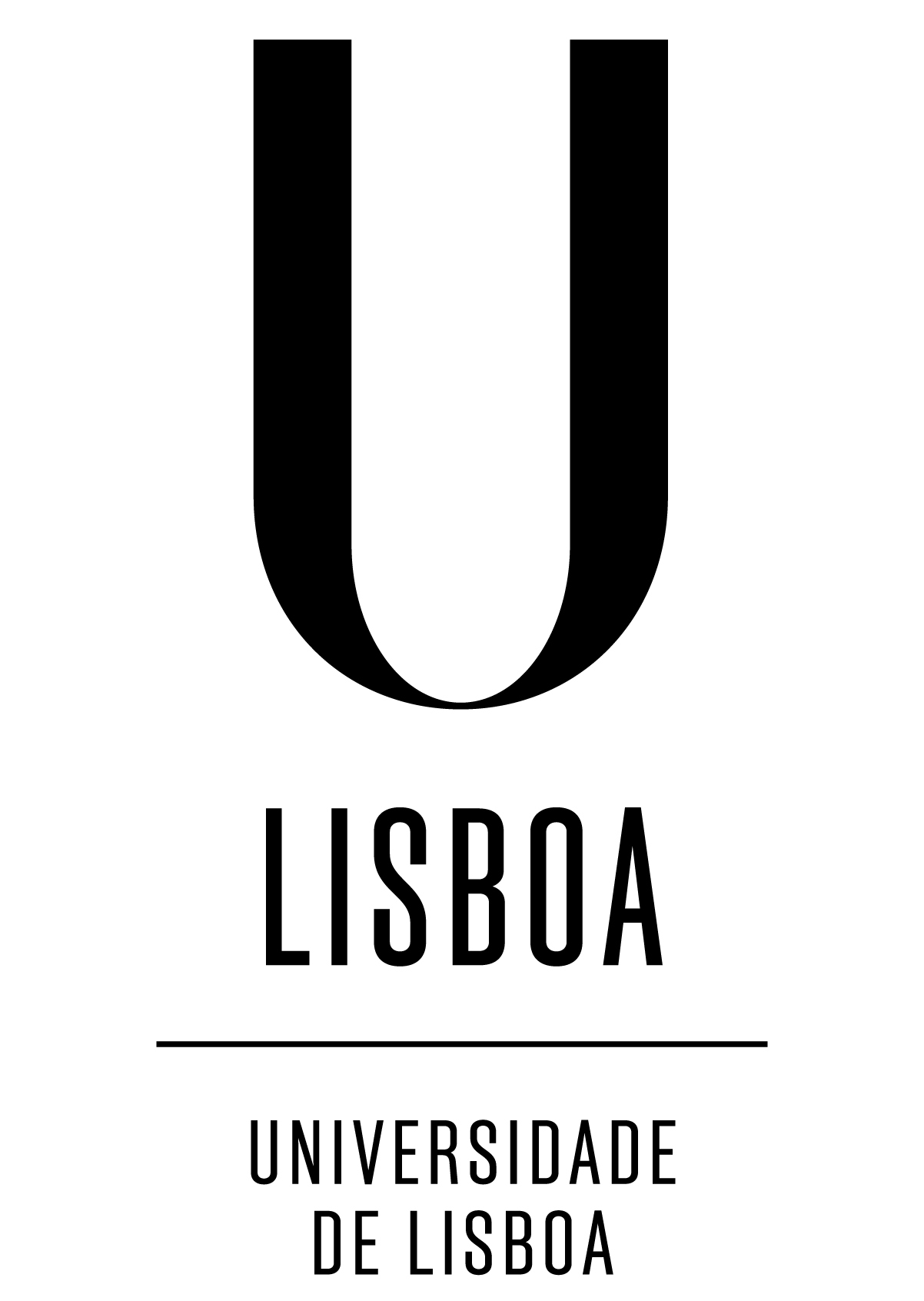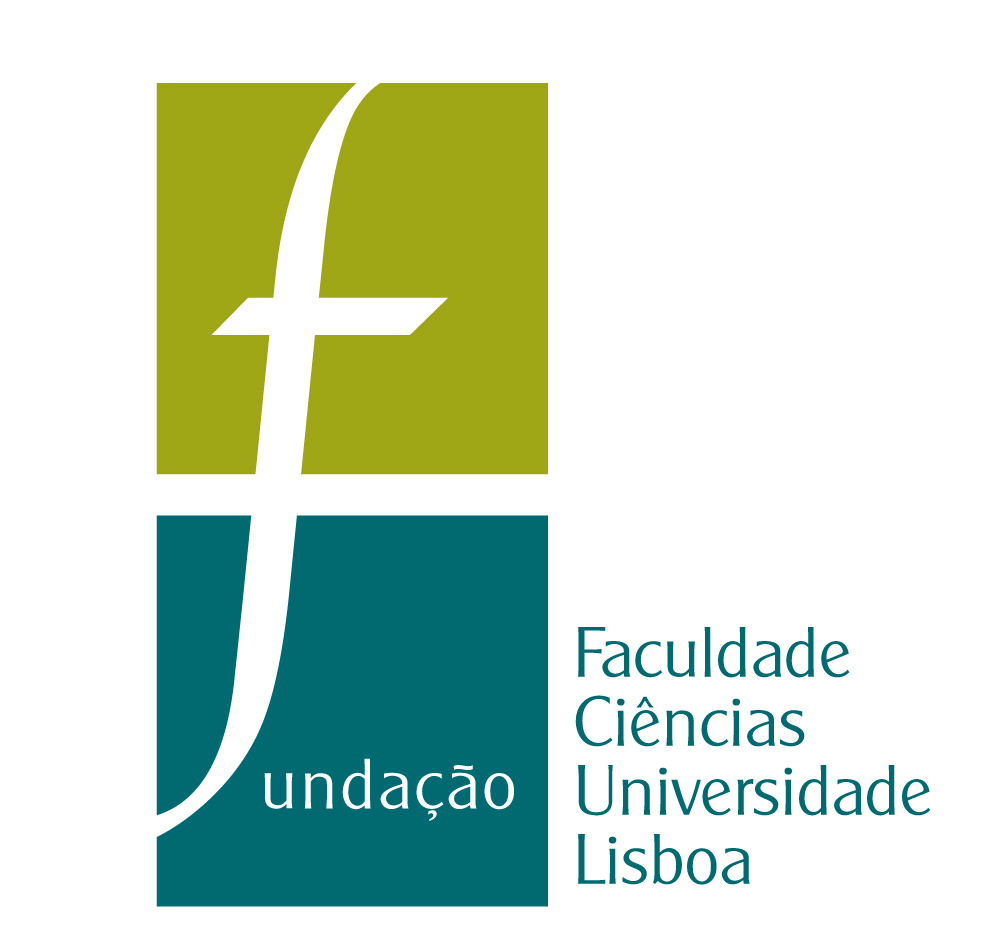Personalised Medicine: Bioethical & Philosophical Challenges
Description
 Within the Horizon 2020 framework, "personalizing health and care" is part of the strategy to face the societal challenge of "health, demographic change and wellbeing" in Europe in the near future. Personalized Medicine is meant to provide an individualized treatment for each patient, tailored on his or her genetic makeup. This approach was propelled by the explosion of "omics" technologies that followed the sequencing of the human genome, and is based on the development of new diagnostic and therapeutics tools (from genetic probes to molecular medical imaging) that target molecular and cellular processes.
Within the Horizon 2020 framework, "personalizing health and care" is part of the strategy to face the societal challenge of "health, demographic change and wellbeing" in Europe in the near future. Personalized Medicine is meant to provide an individualized treatment for each patient, tailored on his or her genetic makeup. This approach was propelled by the explosion of "omics" technologies that followed the sequencing of the human genome, and is based on the development of new diagnostic and therapeutics tools (from genetic probes to molecular medical imaging) that target molecular and cellular processes.
Personalised Medicine is likely to re-define our notions of health and disease, and considering the practical possibilities provided by new technologies (e.g. mass screening for genetic diseases), it poses philosophical, ethical, legal, social and political challenges. In depth analysis and wide discussion of these issues are thus fundamental for the definition of both theoretical and regulatory frameworks for medical research and practice.
To contribute to meet these challenges, we set for this thematic line the following objectives: to question the philosophical foundations of Personalised Medicine (epistemological, methodological, and ethical issues); to examine its major bioethical and biopolitical implications, promoting a wide discussion of these topics in order define their relation and relevance to policy development; to explore through case-studies of person-centred technologies in Psychiatry and Pain Management the repercussions of Personalised Medicine in the theories of self (multidisciplinary work among psychiatrists, pain specialists, and philosophers).
Structure
This thematic line is structured in four Working Groups:
Work Group 1 - Preparatory phase
In the first year of the program (2015), the whole group will meet on a regular basis to develop the appropriate theoretical framework for further activities. This aim will be achieved through the selection, reading and discussion of the abundant literature in the field of Personalised Medicine. In this phase the results achieved by previous researches and the identification of the possible interaction with on-going works at the CFCUL will be assessed. The team will also develop a network of collaborations to assure the viability of the work plan. In particular, strategic cooperation will be implemented with the School of Engineering of Lisbon (computer programming for the Working Group 3), the ENS of Lyon, and the Centre Léon Bérard of Lyon specialized in cancer. We will organize an exploratory seminar with Prof. Giovanni Boniolo, director of the PhD Program "Foundations & Ethics of the Life Sciences" of the European Institute of Oncology – University of Milan, and Prof. Diego Gracia Guillén, director of the Institute of Bioethics of the Foundation of Health Sciences.
Work Group 2 - Questioning personalised medicine
Working Group 2 will be concerned with the critical analysis of the theoretical and philosophical foundations of Personalised Medicine. More precisely, the group will examine the several existing definitions of PM and their implications on the notions of health/disease, normal/pathological, prevention, diagnosis, as well as the problems raised by the concepts of risk factor and risk assessment. Concurrently, the internal and external conditions that made possible the emergence of Personalised Medicine will be analysed, and a philosophical account of how and to what extent the processes of translation and integration of biology and medicine contributed to the emergence of Personalised Medicine will be developed. The analysis and presentation of the ambiguities of the concept of Personalised Medicine in relation to the notions of "person" and "individual" will be carried on through a comparative analysis with the concept of "biological individual". Working Group 2 will engage with graduate and post-graduate students from the Faculty of Medicine (MScs in Bioethics, Palliative Care, Pain Management) and the Doctoral Program in Philosophy of Science, Art, Technology and Society.
Work Group 3 - Case-studies on personalised medicine applications
Working Group 3 will be activated in 2016, after the elaboration of a detailed work plan and the acquisition of the equipment. The activity of Working Group 3 involves the collaboration of the Psychiatry Service and the Pain Management Unit of University Hospital of Lisbon (Faculty of Medicine), both directed by Prof. António Barbosa, who is also Head of this thematic line. Two case-studies will be conducted: one on the computer-assisted therapy for auditory hallucinations not treated with drugs (previously developed by Julien Leff at the London Institute of Psychiatry), and another concerning the mirror therapy with prism glasses in the management of phantom limb pain (protocol developed by Jonathan Bannister at Ninewills Hospital, Dundee University, and Glyn Walsh, at Glasgow Caledonian University).
Work Group 4 - Bioethical & biopolitical implications of personalised medicine
Working Group 4 will be concerned with the bioethical and biopolitical implications of Personalised Medicine, and it will work in strict collaboration with Working Group 2. The aims of this group are: to analyse and describe the ethical issues and concerns raised by Personalised Medicine, in particular social justice, equality, and power (e.g. patients empowering with respect to their own health, perspectives and challenges concerning patient's choice); and to examine the concept of Personalised Medicine within Michel Foucault's conceptual framework. In particular, the following questions will be addressed: is it possible to devise a personalized or individualized medicine, totally independent from a social medicine? How to articulate the individual interaction between doctor and patient, and the collective intervention in relation to disease in general or to a particular patient? How to articulate bio-history, bio-ethics and bio-politics in the context of Personalised Medicine?
Head:
Assistant Head: Silvia Di Marco | sdmarco@ciencias.ulisboa.pt
Research Groups involved
Epistemology and Methodology || Philosophy of Natural Sciences || Philosophy of Life Sciences || Philosophy of Human Sciences, Ethics and Politics
Research Team
Alexander Gerner
António Fragoso Fernandes
Diogo Telles Correia
Elena Casetta
Gil Costa Santos
Nuno Nabais
Silvia Di Marco
International Consultants
Diego Gracia Guillén
Giovanni Boniolo
Julie Henry
Activities
2015
Colloquia
1. "Joint meeting: Philosophy of Personalized Medicine & Philosophy of Human Technology", 5 June 2015, Sala 8.2.39, FCUL. [Cartaz] [Programa]
Journal Club
1. Pokorska-Bocci, A. et al., ''Personalized medicine: What's in a name?', Personalized Medicine, 2014; 11(2):197-210, presented by Ângela Sá Carneiro, 29 April 2015.
2. Ioannidis, J., Limits to forecasting in personalized medicine: An overview, International Journal of Forecasting, 2009; 25:773–783, presented by Silvia Di Marco, 29 May 2015









